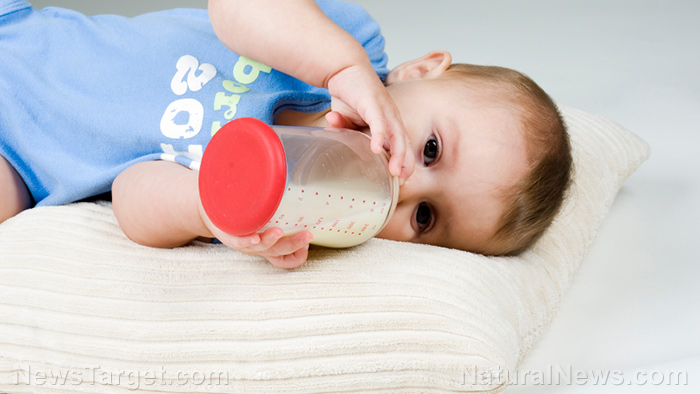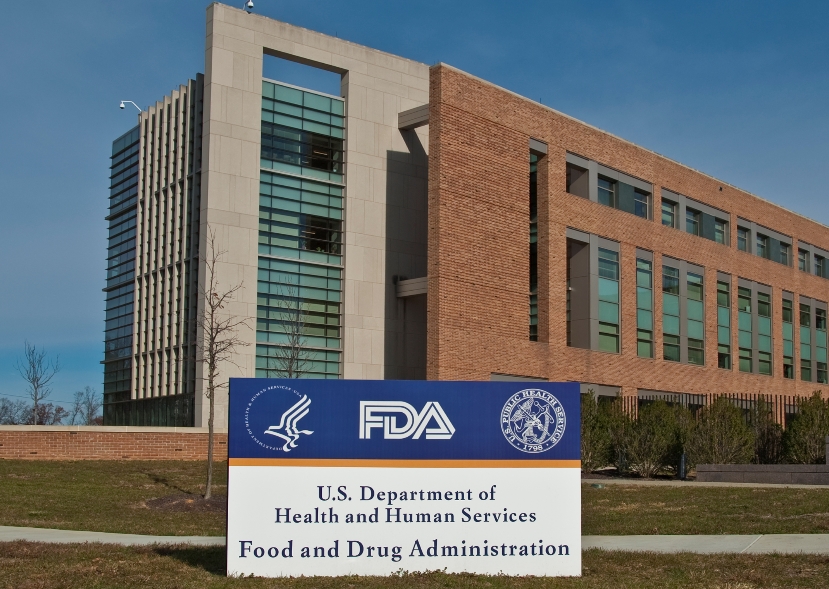
The ongoing shortage for baby formula may drag on and continue until spring, according to Reckitt Benckiser – a British multinational consumer goods company.
This was confirmed by Robert Cleveland, the company's North America and Europe senior vice president for infant nutrition. He said that despite the U.S. making progress in replenishing stocks, supplies are yet to normalize since the peak of the crisis in May and June.
"I suspect that will persist to some degree until the spring resets," he said. In spite of this, he expressed a positive view that the situation was improving and there is much more volume on shelves "enough to feed America's babies" compared to a few months ago.
Back in February, parents resorted to panic buying that emptied baby formula stocks at supermarkets. Big retailers, in turn, were forced to limit formula sales.
The mad rush to obtain baby formula came amid a recall by Abbott Laboratories on dozens of Similac, Alimentum and EleCare formulas. The said products, made at the company's Sturgis, Michigan, plant were pulled out from grocery shelves due to bacterial contamination.
This put a lot of pressure on President Joe Biden and his administration to address the crisis, prompting the White House to invoke the Defense Production Act to help manufacturers obtain the ingredients needed to ramp up supply. The House also passed a $28 million emergency spending bill to assist the Food and Drug Administration (FDA) in increasing supply.
Meanwhile, the Abbott recall propelled Reckitt Benckiser's sales – making it the No. 1 baby formula supplier in the United States. As per Reuters, the British firm's position was boosted by Washington's assurance that it will temporarily cover the cost of baby formula for low-income families dependent on government discounts in states contracted with the company. The company has yet to see its newfound popularity recede, with Cleveland saying its over 50 percent market share has "remained relatively unchanged" since earlier this year.
A White House official also confirmed that aside from Reckitt, other new brands have increased formula supply this year. Multiple foreign brands became available on shelves and online, including Danone's Aptamil and Bellamy's Organic.
"We are in close touch with top retailers who continue to have supplies of formula on hand, but may still lack all the sizes and varieties they once carried," the official said, adding that industry data show U.S. formula production so far this year has outpaced 2021 levels.
HPS: 3 in 10 parents with babies less than a year old still struggle to find baby formula
According to business intelligence company IRI Worldwide, 87 percent of store shelves had baby formula back in stock. This is already near the level before the shortage.
In contrast, the latest Household Pulse Survey (HPS) results from the U.S. Census Bureau stated that at the end of September, about 30 percent of families with babies under a year old still had trouble getting baby formula.
Meanwhile, the FDA said things are getting better.
"We aren't in a place to declare mission accomplished, but we've made tremendous progress," an FDA spokesperson told The 19th news website. "The supply chain has gotten stronger with more products available to parents and caregivers. We recognize that while supplies are improving, there are still parents struggling to find formula or find their specific type of formula on store shelves."
The FDA recently laid out its plan to better its review and update guidelines in preventing outbreaks of cronobacter bacteria in instant baby formula. (Related: FDA unveils plan to combat DEADLY bacterial outbreak in baby formula.)
Visit Scarcity.news for more updates on the ongoing baby formula shortage.
Watch Georgia Rep. Marjorie Taylor Greene blast the Biden administration for sending baby formula to illegals as American citizens face formula shortages.
This video is from the GalacticStorm channel on Brighteon.com.
More related stories:
Parents of babies with allergies are struggling due to baby formula shortage.
Baby formula shortage continues despite replenishment efforts by manufacturers, government.
FDA, Abbott Labs both to blame for the ongoing baby formula shortage.
Worsening baby formula SHORTAGE hits ten states, low-income families.
Sources include:
Please contact us for more information.
















